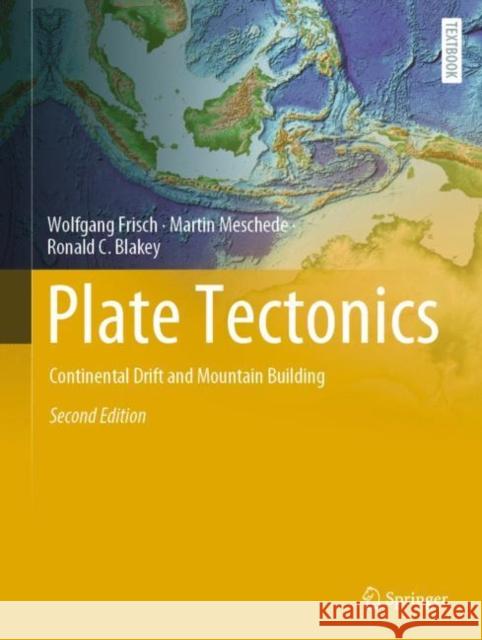Plate Tectonics: Continental Drift and Mountain Building » książka
topmenu
Plate Tectonics: Continental Drift and Mountain Building
ISBN-13: 9783030889982 / Angielski / Twarda / 2022 / 330 str.
Plate Tectonics: Continental Drift and Mountain Building
ISBN-13: 9783030889982 / Angielski / Twarda / 2022 / 330 str.
cena 363,12
(netto: 345,83 VAT: 5%)
Najniższa cena z 30 dni: 346,96
(netto: 345,83 VAT: 5%)
Najniższa cena z 30 dni: 346,96
Termin realizacji zamówienia:
ok. 22 dni roboczych.
ok. 22 dni roboczych.
Darmowa dostawa!
Kategorie BISAC:
Wydawca:
Springer Nature Switzerland AG
Seria wydawnicza:
Język:
Angielski
ISBN-13:
9783030889982
Rok wydania:
2022
Ilość stron:
330
Wymiary:
27.9 x 21.0
Oprawa:
Twarda











